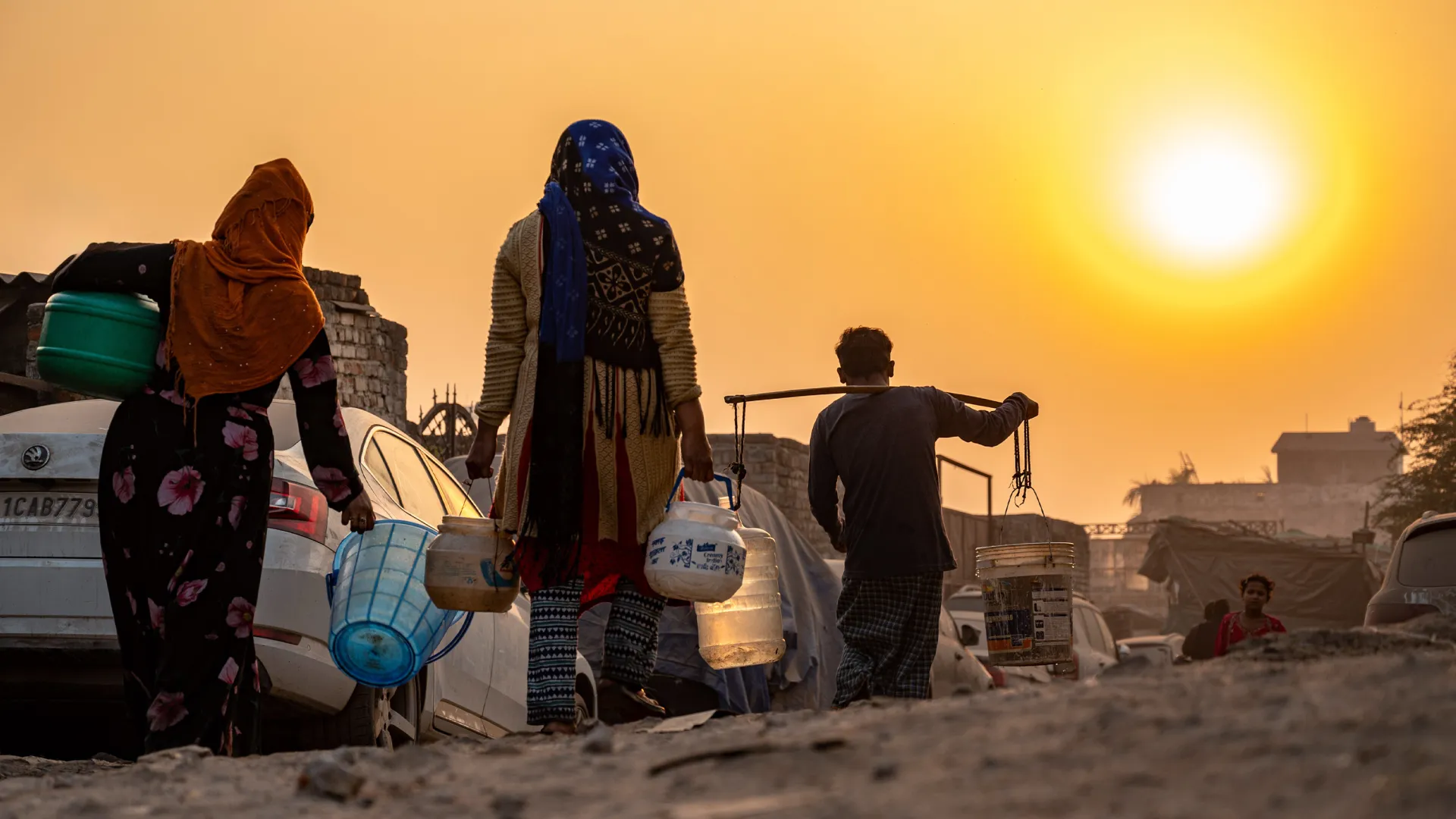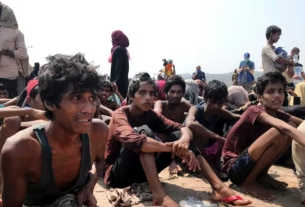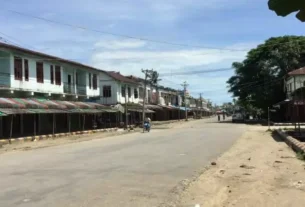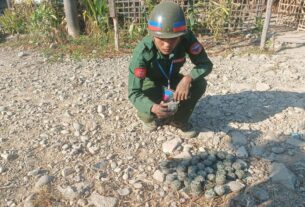Church members recall receiving calls from family members after India cast them into the sea, forcing them to swim to Myanmar’s shores.
For the past 13 years, the small Christian Rohingya community in Delhi—which numbers 150—has rented rooms to worship in three congregations each Sunday. The two pastors had been going through the Sermon on the Mount for the past six months.
They had reached Matthew 7 when the government began rounding up members of the community.
It began May 6, when police called 15 Christian and 23 Muslim Rohingya into police stations, claiming they needed to be fingerprinted due to a “failure in their biometric,” according to Sadeq Shalom, a church member whose brother was deported. The Rohingya complied, believing it was another routine check. Although the refugees have UN-recognized refugee status, India is not a signatory of the UN refugee law and treats them as illegal migrants.
Once the refugees reached the station, authorities moved them from one government office to another before transporting them by airplane and boat into international waters. Then, they ordered the refugees to jump into the ocean with life vests on.
David Nazir, another member of the church, said his elderly parents were also among those deported. On May 9, he received a phone call from them calling from inside Myanmar. They recalled their harrowing journey and the way Indian authorities had led them to believe they would be deported to Indonesia. Before throwing them into the ocean, the naval officers said they would soon be picked up, Nazir said, “but no one came.”
“My parents don’t know how to swim,” he said. “Those who could swim helped drag the others toward shore, but God only knew where they were going.”
Once they reached the shore, they realized they were back in Myanmar, the home they had escaped years ago.
The Christian Rohingya have been caught up in the Indian government’s crackdown on immigrants living illegally in the country. In February, Amit Shah, the minister for Home Affairs, began advocating for strict action against those who help illegal Bangladeshi and Rohingya immigrants, claiming they are a threat to “national security.” Then, in early May, the government issued “revised instructions” to identify, detain, and deport illegal immigrants.
The policy has devastated Delhi’s close-knit Christian Rohingya community, as businesses are afraid to employ them and the refugees are struggling to support their families. They also fear the government will round them up and deport them back to Myanmar.
“Everyone is living in constant fear that they could be next,” said Nazir, who is currently on the run himself.
Yet the church continues. Three young men, including Shalom, have taken up preaching and pastoral care for the congregation. The past month, they secretly gathered in different homes for worship.
“We thought if the government wants to detain all of us, let them detain us from the church service,” said Shalom.
The Rohingya are an ethnic and religious minority group in Myanmar’s Rakhine state that has long faced discrimination from the Buddhist-nationalist junta. Before their mass exodus in 2017, the predominantly Muslim Rohingya made up an estimated 2 percent of the country’s population.
Fearful that Islam would take over the majority-Buddhist country, the junta stripped Rohingya of citizenship in 1982. In 2015, the government invalidated their temporary registration cards, eliminating their limited voting rights. Today the Rohingya represent the world’s largest stateless population.
In 2017, widespread violence by the Myanmar military forced more than 750,000 Rohingya to flee to Bangladesh. Rohingya refugees now also reside in Pakistan, Thailand, Saudi Arabia, the United Arab Emirates, Indonesia, and Australia. An estimated 40,000 live in India.
Yet even before the genocide, Rohingya faced decades of severe persecution. Shalom remembers the desperate survival strategies people in his village developed as the Myanmar military began attacking his area in 2011. “All [the] villagers would gather in one person’s house,” he said. “Two to three people would guard the room at night, taking turns, and the rest of us would sleep peacefully there.”
Each morning brought fresh reports from neighboring villages that “people, including children and pregnant women, were slaughtered and killed and houses burnt with petrol,” Shalom said.
Although most Rohingya are Muslim, Shalom grew up in a Christian family. In 2004, some Rohingya came to Christ after missionaries from India’s Mizoram state arrived at Shalom’s village of Thaung Chaung and introduced villagers to the gospel. In addition to the persecution from the Buddhist authorities, Rohingya Christians also face discrimination from their own people group as Muslims do not allow them to fetch water from the wells or work alongside them, Shalom said.
In 2014, Shalom and other Rohingya families fled to India. Many have registered with the UN refugee office in Delhi, which offers limited protection but no legal residency under Indian law. While the government considers most illegal immigrants, a small minority were able to obtain long-term visas that need to be renewed annually.
When this group of about 150 Christian Rohingya arrived in Delhi, they started working as “rag pickers” collecting recyclables from Delhi’s streets. Yet families continued to prioritize their children’s education, Shalom recalled. Families would spread across the city at 5 a.m. to collect recyclables, then return home for evening study sessions. The community pooled resources to hire teachers for their children since local schools were often inaccessible, he said.
Nazir noted that their faith has helped buoy them through difficult times since arriving in India. The church became a support network.
“Our faith helped us rebuild our lives,” Nazir said. Churches “became centers of mutual support where families shared resources and information about jobs, legal issues, and safety concerns.”
Over time, about 20 of the children completed secondary (10th grade) or senior secondary education (12th grade) and eventually found work in private companies, including telecommunication, sales, and delivery services. Shalom became an educational content creator. Older members found jobs like pulling rented rickshas, farming leased land, or cleaning office buildings.
Yet things took a turn in 2017 when the Indian government ordered states to identify and deport all illegal immigrants and stopped renewing the Rohingya refugees’ long-term visas.
Since the Hindu-nationalist Bharatiya Janata Party (BJP) took control of India’s central government in 2014, Rohingya refugees have been targeted, according to media reports. Because Rohingya are predominantly Muslims, they have become targets of both physical assaults and verbal harassment as part of BJP’s broader pattern of anti-Muslim sentiment.




